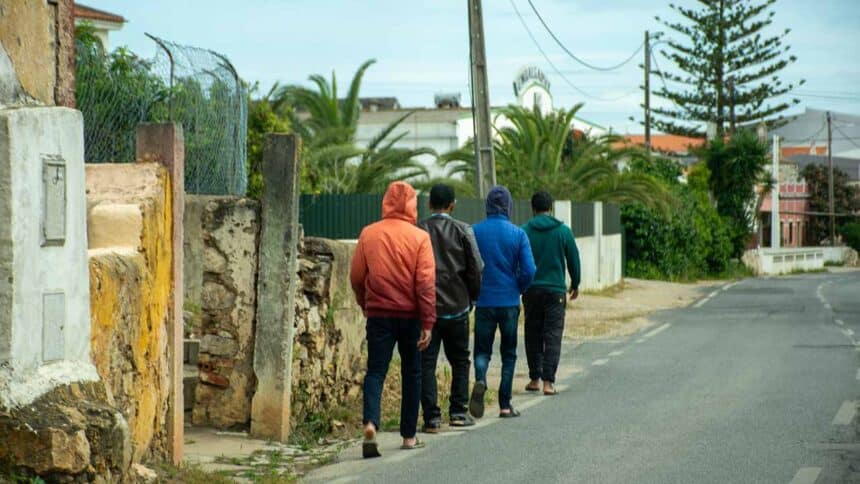Government’s focus on hiring immigrants in home countries starts taking shape
The government’s plan to hire immigrants from their home countries has started to take shape.
Labour, solidarity and social security minister Maria Rosário Palma Ramalho announced 18 initiatives yesterday, following the weekly Council of Ministers, with special emphasis on promoting employment.
In the case of immigrants, the government is intent on expanding its network of labour attachés abroad, to be placed in embassies to support foreign nationals who want to work in Portugal, and companies based in Portugal that want to recruit abroad.
According to the minister, the idea is to “foster hiring and put companies in touch with each other that want to recruit foreign workers, as well as (to) target foreign workers” who want to work in Portugal.
“But to do so in a regulated way” and end the phenomenon of unregulated immigration, “which means that people remain here when their labour contracts end, without conditions to be able to look after themselves”.
In 2023, under the previous, Socialist government, attachés dedicated to labour issues and worker mobility were placed in embassies for the first time, in four countries: East Timor, Cape Verde, Morocco and India.
Now, the plan is to have attachés in embassies in “traditionally Portuguese-speaking” countries (Brazil being one immediate example) but also in others “as the need is identified”, said the minister.
Also announced was a measure to “strengthen the integration of immigrants”, particularly those who cannot find work, or have lost the jobs that they had here. For this, the plan is to create a “network of partners, coordinated by the Institute for Employment and Professional Training (IEFP), with the idea of ‘accompanying the individual, with professional training in the Portuguese language” and other support that they will need to find a job.
Remaining measures emerging from the Council of Ministers focused on retaining qualified young people in this country (instead of seeing them emigrate to places with more life prospects).
To this end, up to €300 million of funding already allocated to the IEFP (institute for employment and professional training) will be going towards the Talento+, +Emprego (and other) programmes to subsidise up to 24 months of employment.
As the minister stressed, Portugal’s unemployment rate per se is low (6.1%), but when applied to young people, it reaches 19% (which is much too high). The new financial supports will extend to all young people up to the age of 35, including those with handicaps, allowing for up to 6,500 subsidised apprenticeships, and more than double that number for apprenticeships of highly qualified young people.
Source material: LUSA




















